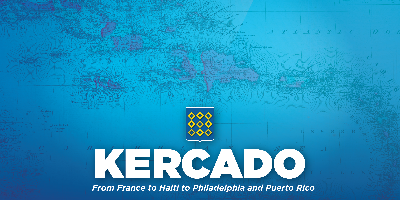Pedro Albizu Campos (attorney, politician; Puerto Rican Nationalist) 1891-1965 (jan 1, 1891 – apr 21, 1965)
Description:
Pedro Albizu Campos (September 12, 1891 – April 21, 1965) was a Puerto Rican attorney and politician, and the leading figure in the Puerto Rican independence movement. Gifted in languages, he spoke six. He graduated from Harvard Law School with the highest grade point average in his law class, an achievement that earned him the right to give the valedictorian speech at his graduation ceremony. However, animus towards his mixed racial heritage led to his professors delaying two of his final exams in order to keep Albizu Campos from graduating on time. During his time at Harvard University he became involved in the Irish struggle for independence.Albizu Campos was the president and spokesperson of the Puerto Rican Nationalist Party from 1930 until his death in 1965. Because of his oratorical skill, he was hailed as El Maestro (The Teacher). He was imprisoned twenty-six years for attempting to overthrow the United States government in Puerto Rico.
In 1950, he planned and called for armed uprisings in several cities in Puerto Rico. Afterward he was convicted and imprisoned again. He died in 1965 shortly after his pardon and release from federal prison, some time after suffering a stroke. There is controversy over his medical treatment in prison.
After nearly four hundred years of colonial domination under the Spanish Empire, Puerto Rico finally received its colonial autonomy in 1898 through a Carta de Autonomía (Charter of Autonomy). This Charter of Autonomy was signed by Spanish Prime Minister Práxedes Mateo Sagasta and ratified by the Spanish Cortes.
Despite this, just a few months later, the United States claimed ownership of the island as part of the Treaty of Paris, which concluded the Spanish–American War. Persons opposed to the takeover over the years joined together in what became the Puerto Rican Nationalist Party. Their position was that, as a matter of international law, the Treaty of Paris could not empower the Spanish to "give" to the United States what was no longer theirs.
Several years after leaving Puerto Rico, in 1913 Charles Herbert Allen, the former first civilian U.S. governor of the island, became president of the American Sugar Refining Company,[22] the largest of its kind in the world. In 1915, he resigned to reduce his responsibilities, but stayed on the board.[22] This company was later renamed as the Domino Sugar company. According to historian Federico Ribes Tovar, Charles Allen leveraged his governorship of Puerto Rico into a controlling interest over the entire Puerto Rican economy.
https://en.wikipedia.org/wiki/Pedro_Albizu_Campos
Added to timeline:
Date:
jan 1, 1891
apr 21, 1965
~ 74 years
